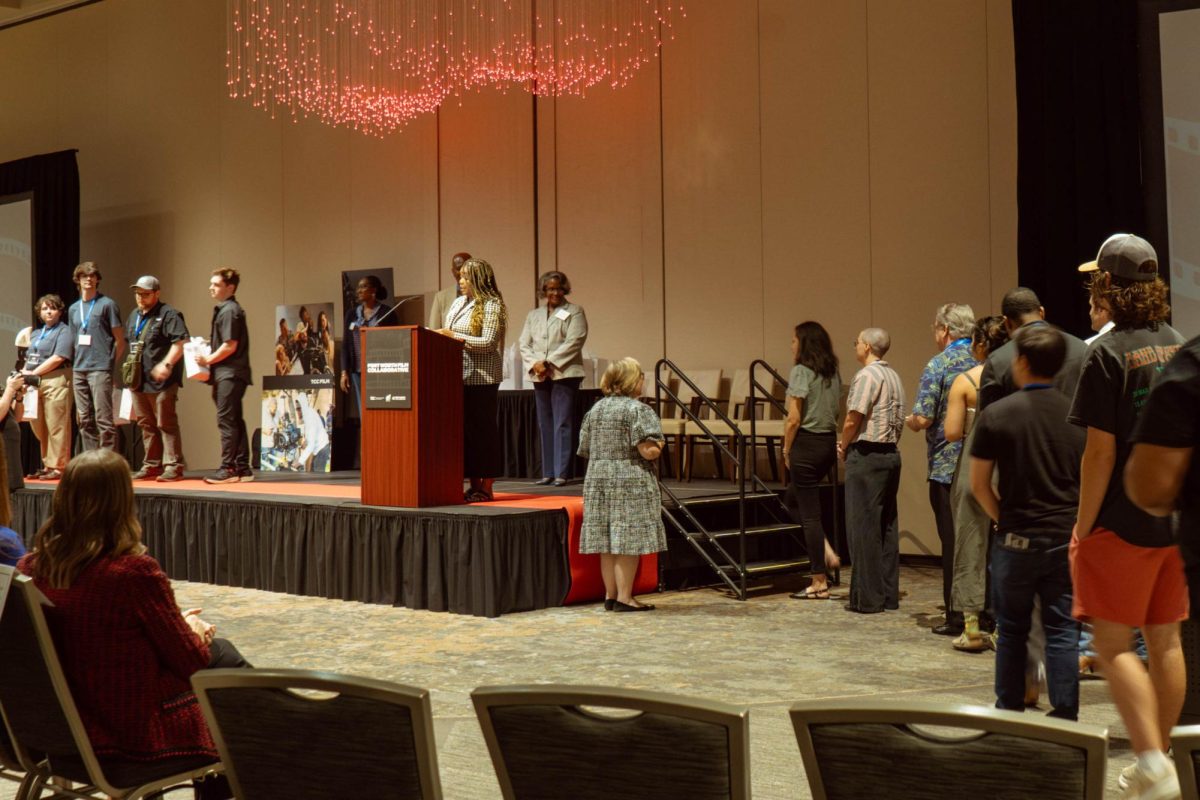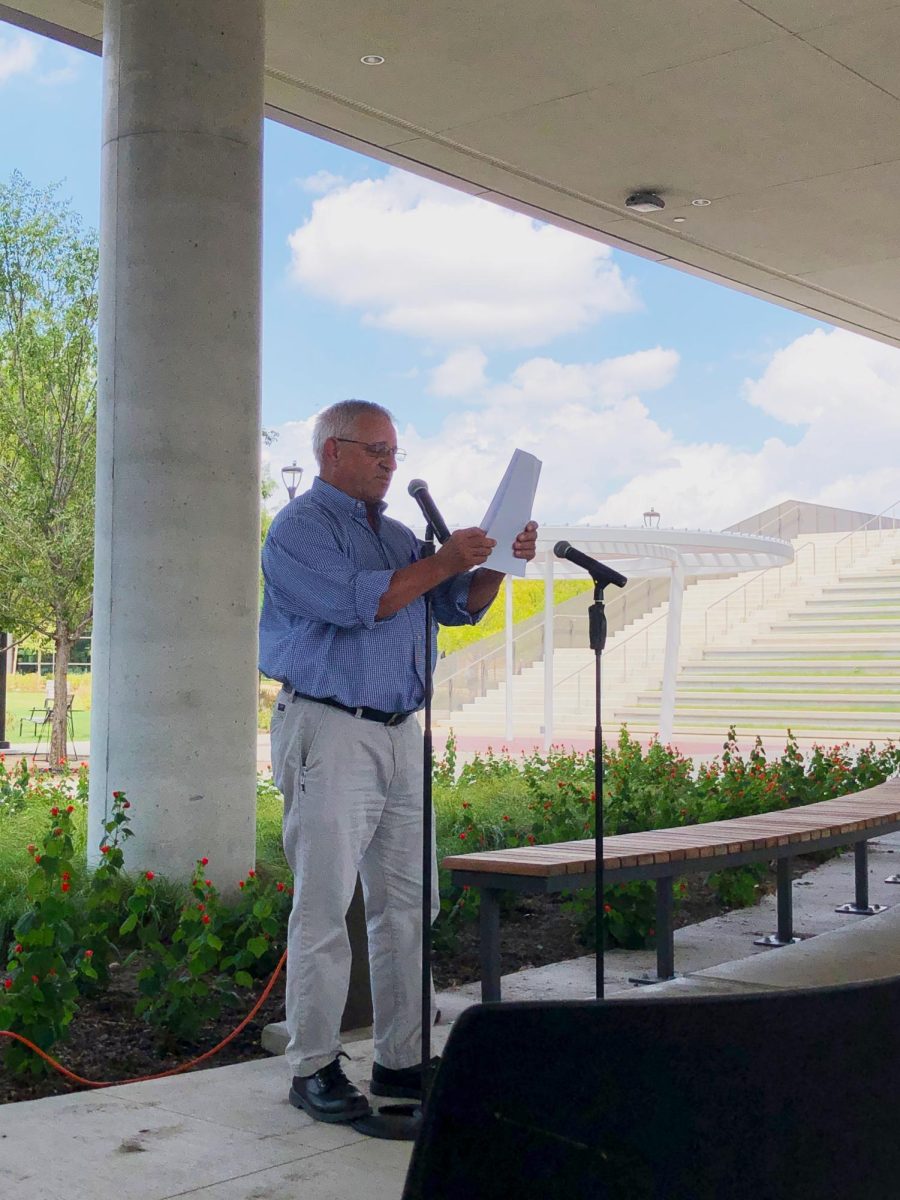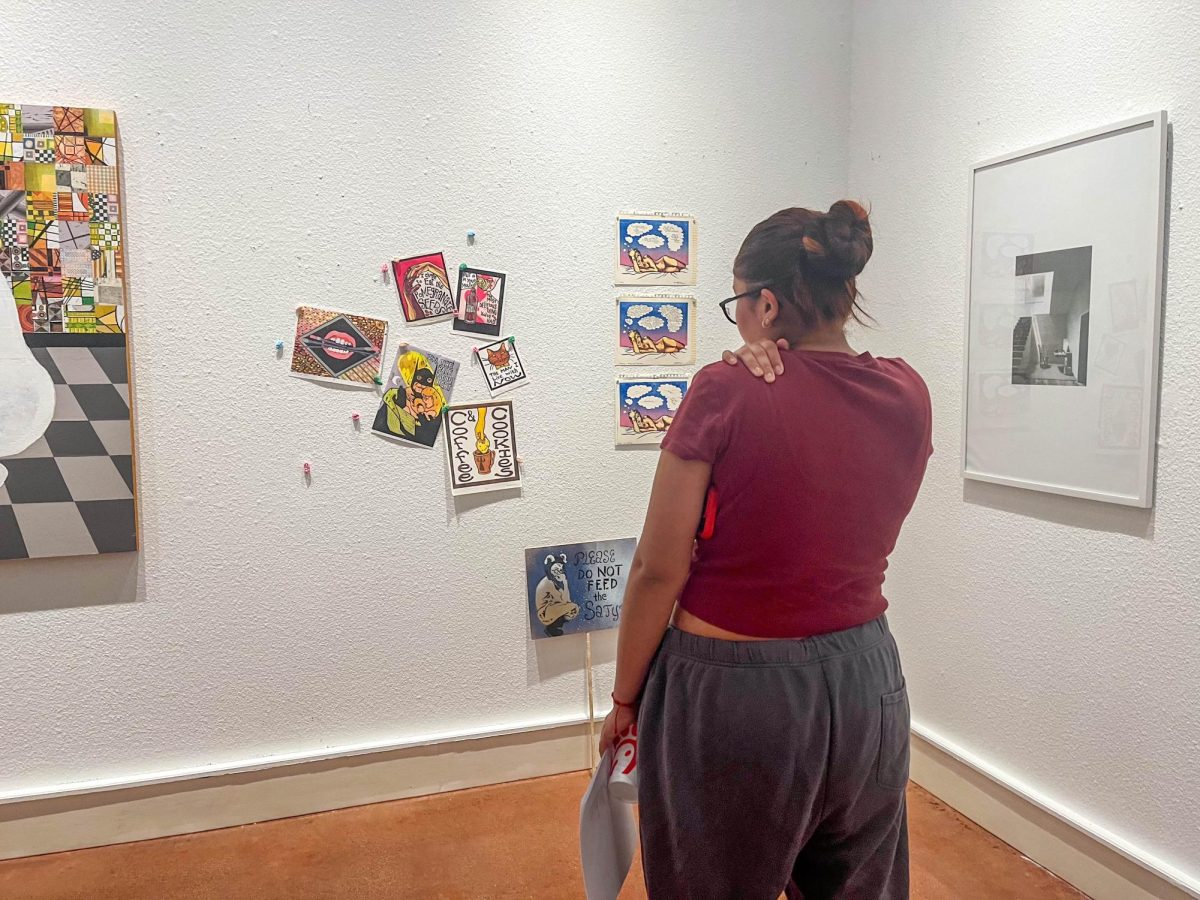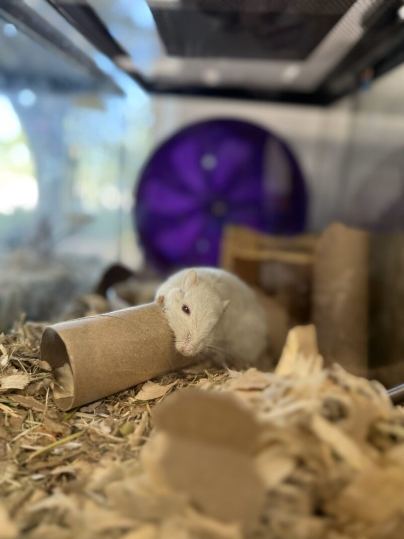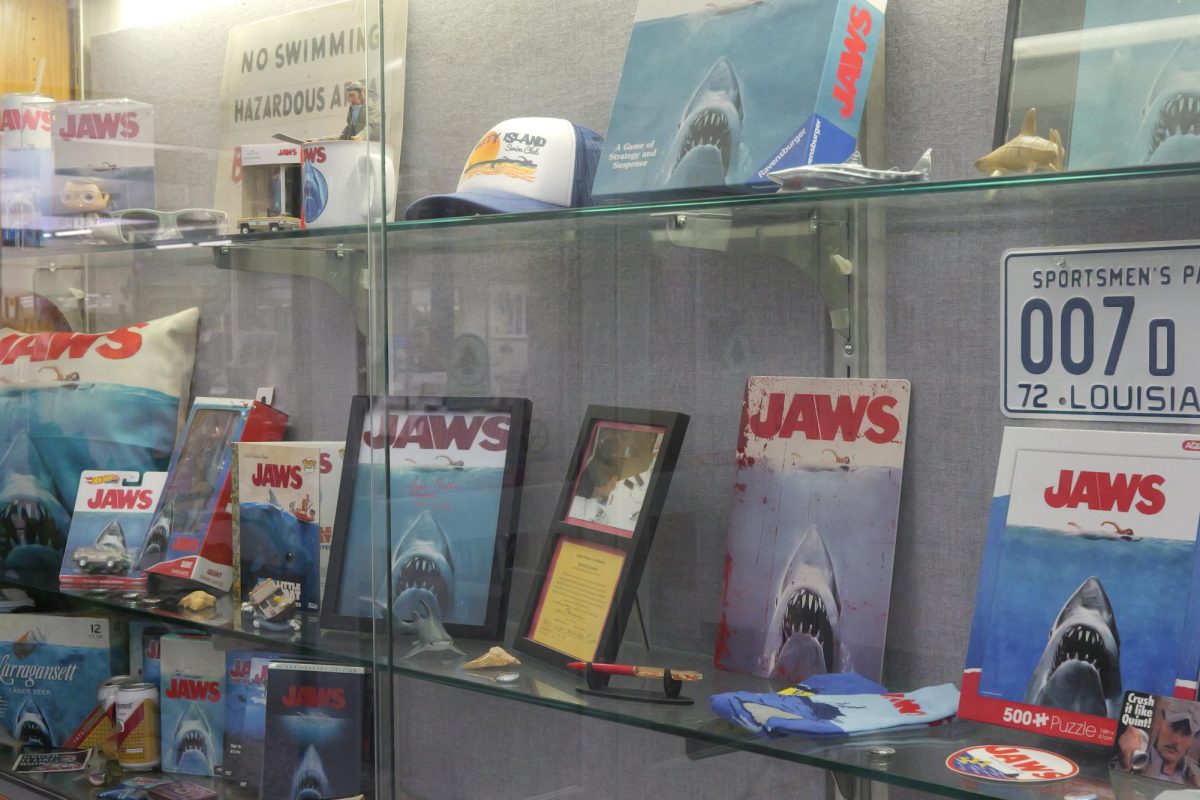The Fort Worth Film Collaborative, a program that provides a direct pipeline for students to find a job in the film industry, had its first graduation celebration Sept. 2.
Nineteen students were honored as graduates from their four to six-month program.
The celebration started by handing the graduates their certificates, then moved to the event room where they could network with prominent figures in the industry.
Chad Jones, the interim program coordinator for the Fort Worth Film Collaborative, said that the collaborative serves the purpose of making students ready to get on set as quickly as possible. “The reason the Fort Worth Film Collaborative exists is because there is a shortage of production talent for people to work on movie sets in the DFW area,” he said.
Senate Bill 22, which invested $1.5 billion in Texas film incentives, went into effect Sept. 1. Jones said that in order to receive the incentive of $1.5 billion, producers have to have a certain number of Texans actually on set.
“Production companies were having a hard time filling all the roles they needed to receive the incentive funds,” Jones said. “So, the industry came to TCC and said, ‘We need a training program. We need to get people on set as quickly as possible.’”
The Fort Worth Film Collaborative is a certificate program creating a partnership between the Fort Worth Film Commission and Tarrant County College.
Fort Worth Film Commissioner Taylor Hardy said the commission is a nonprofit promoting more business in the city through helping graduates from the collaborative’s program enter the film industry.
“It was nice to have our first official graduation celebration tonight,” Hardy said. “We’ve had several students placed on set, working on Lioness and Landman.”
Hardy said the commission wanted to make sure that instead of productions having to bring crews from out of state, they could instead hire local.
“We reached out to several different higher education institutions, and TCC just really stepped up,” Hardy said.
The program was created nearly two years ago and since then it has gradually grown. In addition to the three departments, students now have camera, sound, art and costume technology departments.
“What our goal is, is to be the pipeline straight to the industry. Give us six months of your time, and we’ll ensure that you have the skill set to get right on set,” said Courtney Graham, NE director of academic affairs.
After discovering the program through a friend of a friend, graduate Dakota Blanton said they had been awaiting a break into the industry.
“I feel like I’ve received a lot of opportunities through [the program],” Blanton said. “It’s been really enriching to meet other people who also want to gain experience in this field. I’ve made a good friend from the program, and we’re actually working on filming a music video together.”
Graduate Brandon Soumphonphakdy transitioned from wedding photography to taking classes in the program.
“I wanted to learn the film side because wedding photography is just a whole different thing,” Soumphonphakdy said.
He said the curriculum and the classes helped pursue his job even more.
“I found it to be helpful that the classes were put at the time that they were,” Soumphonphakdy said. “I think it was during the weekdays, and I usually would do the weddings on the weekends, so I was able to fit that in.”
Hwiman Chung, NE dean of arts and humanities, said what started out as a microcredential program is now expanding into seven different programs.
“Students who have a different interest in a different area, they might be able to do some basic fundamental skills and then get into the film industry after they graduate,” Chung said.
Nic Clarke, another graduate, said he felt more inspired to keep working with everybody else than he would have felt if he were to try this on his own.
“I think in a way, it helped solidify what I wanted to do, which is writing and directing and editing, but also find people that also want to help me move toward that goal while I help them move toward their goals,” Clarke said.
























